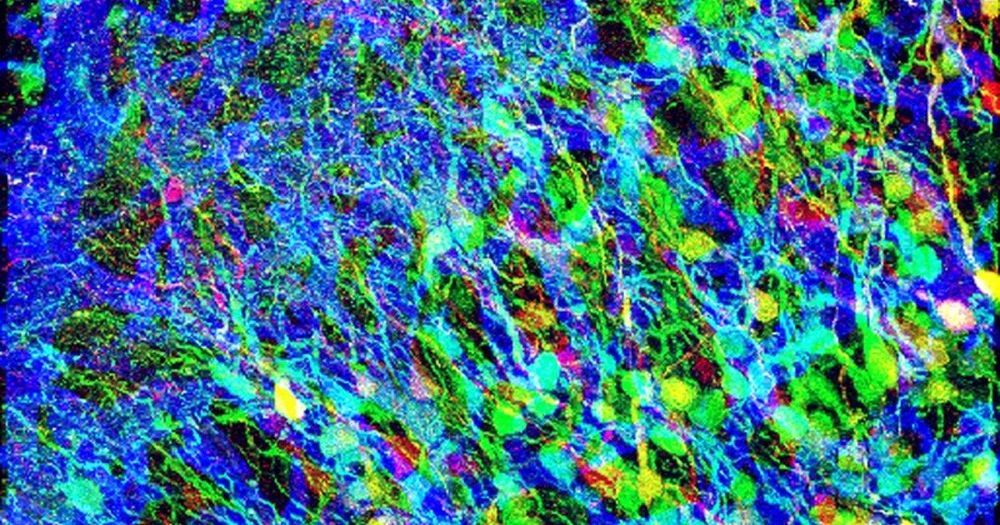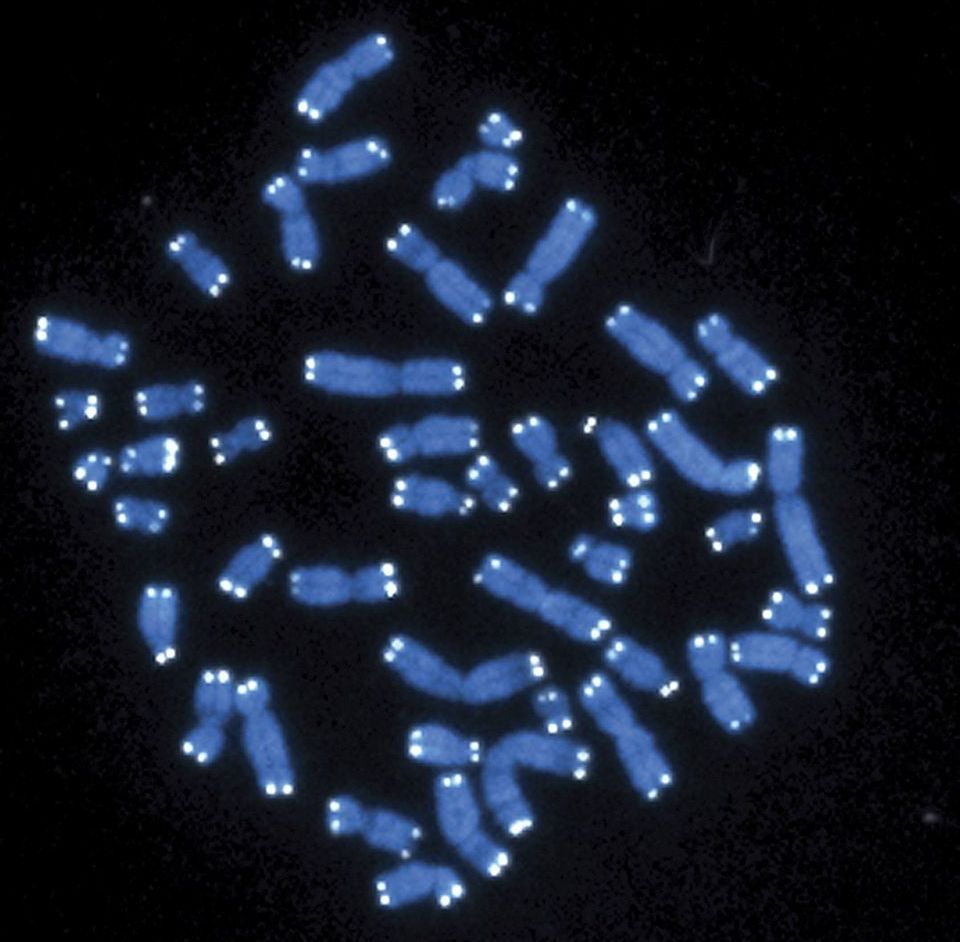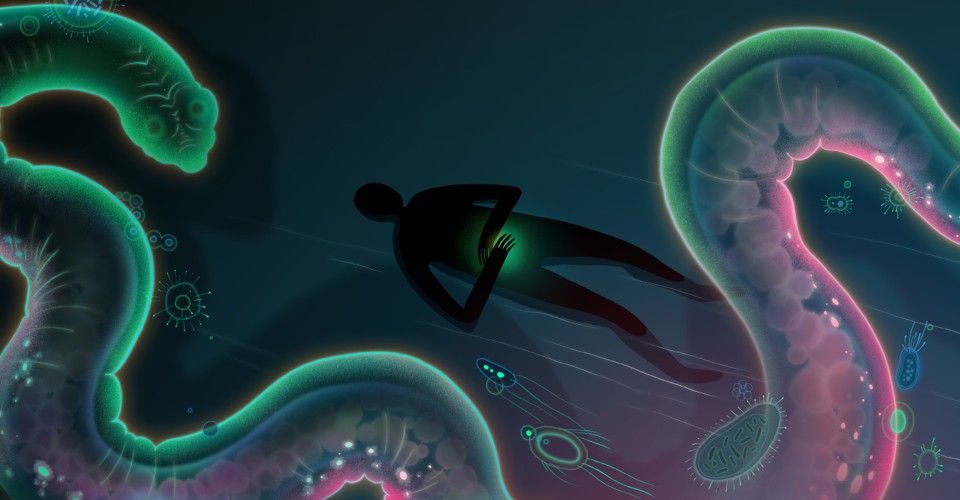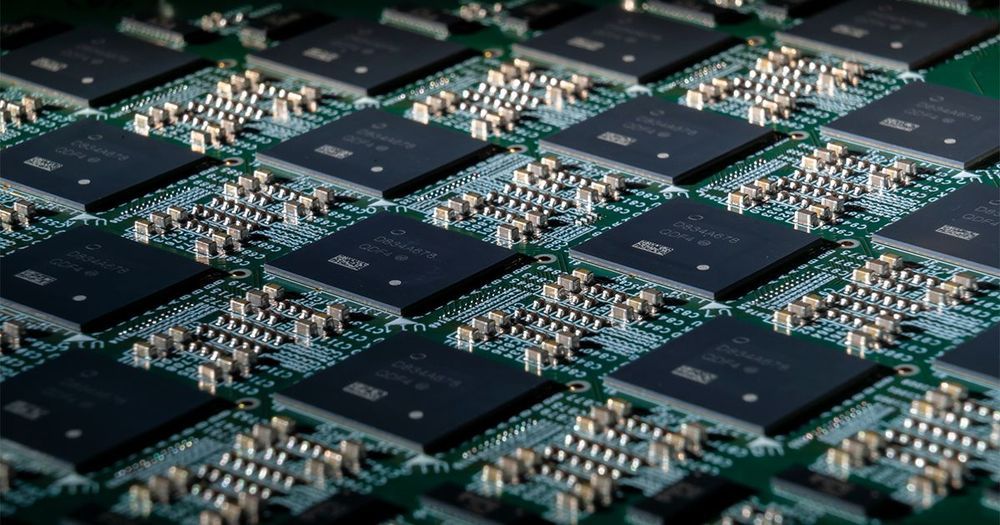Neuralink is developing ultra-high bandwidth brain-machine interfaces to connect humans and computers.


Neuralink is developing ultra-high bandwidth brain-machine interfaces to connect humans and computers.



LOS ANGELES (AP) — New research gives some biological clues to why women may be more likely than men to develop Alzheimer’s disease and how this most common form of dementia varies by sex.
At the Alzheimer’s Association International Conference in Los Angeles on Tuesday, scientists offered evidence that the disease may spread differently in the brains of women than in men. Other researchers showed that several newly identified genes seem related to the disease risk by sex.
Two-thirds of Alzheimer’s cases in the U.S. are in women and “it’s not just because we live longer,” said Maria Carrillo, the association’s chief science officer. There’s also “a biological underpinning” for sex differences in the disease, she said.


All species of Datura are poisonous, especially their seeds and flowers which can cause respiratory depression, arrhythmias, hallucinations, psychosis, as well as death if taken internally.
All Datura plants contain tropane alkaloids such as scopolamine, hyoscyamine, and atropine, primarily in their seeds and flowers as well as the roots of certain species such as D. wrightii.

Gut microbes produce compounds that prime immune cells to destroy harmful viruses in the brain and nervous system, according to a mouse study published today in eLife.
The findings suggest that having healthy and diverse microbiota is essential for quickly clearing viruses in the nervous system to prevent paralysis and other risks associated with diseases such as multiple sclerosis.
A condition that causes progressive damage to nerve cells, multiple sclerosis has become more common over the past several decades. Viral infections in the brain or spinal cord are thought to trigger this disease. Some scientists believe that changes in the way we eat, increased sanitation or growing antibiotic use may be causing detrimental changes in the helpful bacteria that live within the human body, potentially increasing the risk of multiple sclerosis and other related diseases.

Lets meet to talk brain computer interfaces, neuroscience, collaboration and coding. Lets pitch projects to one another, join existing projects, write code together, build new brain computer interfaces and more.
Thinking about past NeurotechX SF meetups I think I like the Salon aspect the most, where people just meet up to talk about neuroscience, brain computer interfaces and coding. So I’m renaming this event series to “Neurotech Salon”, it’s every two weeks in San Francisco at the Red Victorian! Get ready to meet interesting people to talk about things like the future of brain machine interfaces, you can pitch your project, or perhaps join someone elses project, you can talk about your work in developing software, hardware, or your work in medical research, or talk about your studies as an academic.
Confirm your RSVP by making a charitable donation to a real charity like this one here https://www.facebook.com/donate/837355799969191/ in the amount of $5 dollars or more. If you feel like you can’t afford it just skip a meal, and take the money you would have paid for that meal and apply it to this event.

